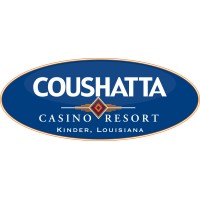
Tuscany Suites & Casino
Discover the pleasures of our all-suites Las Vegas Resort. Tuscany Suites & Casino features the best in spacious hotel accommodations, award-winning dining, exciting casino gaming, and a variety of live entertainment. Experience the excitement of all Las Vegas has to offer in a prime location, just two blocks away from the famous Las Vegas Strip and minutes away from the Las Vegas Convention Center and McCarran International Airport.






